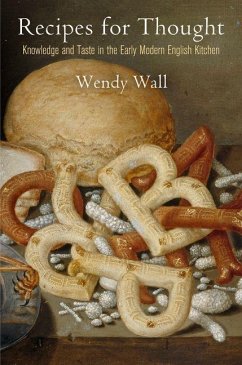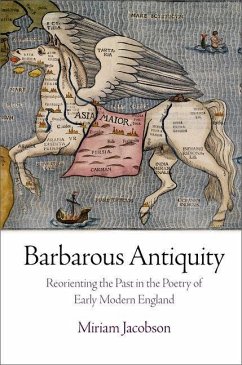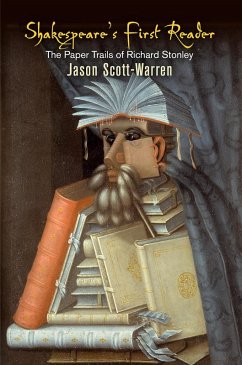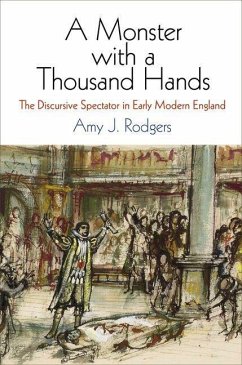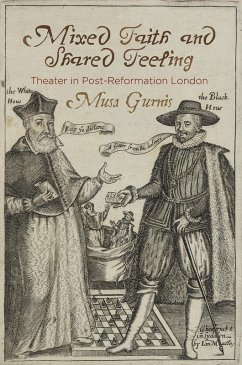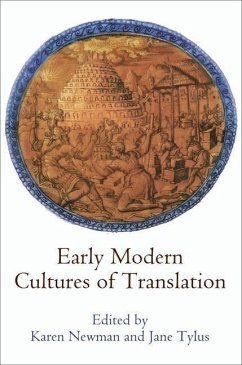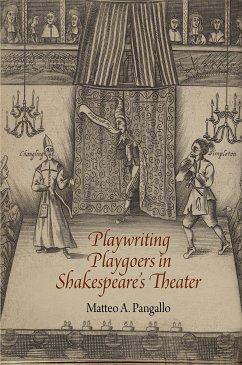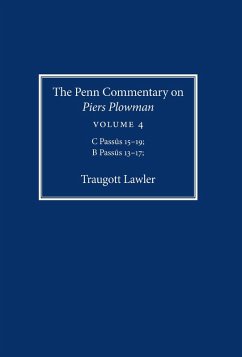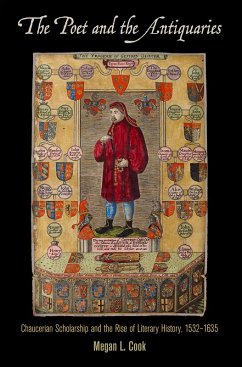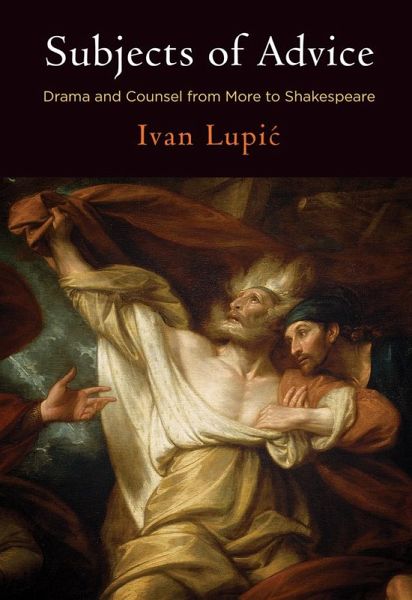
Subjects of Advice (eBook, ePUB)
Drama and Counsel from More to Shakespeare

PAYBACK Punkte
24 °P sammeln!
In Subjects of Advice, Ivan Lupic uncovers the rich interconnectedness of dramatic art and the culture of counsel in the early modern period. While counsel was an important form of practical knowledge, with concrete political consequences, it was also an ingrained cultural habit, a feature of obligatory mental, moral, and political hygiene. To be a Renaissance subject, Lupic claims, one had to reckon with the advice of others. Lupic examines this reckoning in a variety of sixteenth-century dramatic contexts. The result is an original account of the foundational role that counsel played in the ...
In Subjects of Advice, Ivan Lupic uncovers the rich interconnectedness of dramatic art and the culture of counsel in the early modern period. While counsel was an important form of practical knowledge, with concrete political consequences, it was also an ingrained cultural habit, a feature of obligatory mental, moral, and political hygiene. To be a Renaissance subject, Lupic claims, one had to reckon with the advice of others. Lupic examines this reckoning in a variety of sixteenth-century dramatic contexts. The result is an original account of the foundational role that counsel played in the development of Renaissance drama.
Lupic begins by considering the figure of Thomas More, whose influential argument about counsel as a form of performance in Utopia set the agenda for the entire century. Resisting linear narratives and recovering, instead, the simultaneity of radically different kinds of dramatic experience, he shows the vitality of later dramatic engagements with More's legacy through an analysis of the moral interlude staged within Sir Thomas More, a play possibly coauthored by Shakespeare. More also helps explain the complex use of counsel in Senecan drama, from the neo-Latin plays of George Buchanan, discussed in connection with Buchanan's political writings, to the historical tragedies of the mid-sixteenth century.
If tyranny and exemplarity are the keywords for early Elizabethan drama of counsel, for the plays of Christopher Marlowe it is friendship. Lupic considers Marlowe's interest in friendship and counsel, most notably in Edward II, alongside earlier dramatic treatments, thus exposing the pervasive fantasy of the ideal counselor as another self. Subjects of Advice concludes by placing King Lear in relation to its dramatic sources to demonstrate Shakespeare's deliberate dispersal of counsel throughout his play. Counsel's customary link to plain and fearless speech becomes in Shakespeare's hands a powerful instrument of poetic and dramatic expression.
Lupic begins by considering the figure of Thomas More, whose influential argument about counsel as a form of performance in Utopia set the agenda for the entire century. Resisting linear narratives and recovering, instead, the simultaneity of radically different kinds of dramatic experience, he shows the vitality of later dramatic engagements with More's legacy through an analysis of the moral interlude staged within Sir Thomas More, a play possibly coauthored by Shakespeare. More also helps explain the complex use of counsel in Senecan drama, from the neo-Latin plays of George Buchanan, discussed in connection with Buchanan's political writings, to the historical tragedies of the mid-sixteenth century.
If tyranny and exemplarity are the keywords for early Elizabethan drama of counsel, for the plays of Christopher Marlowe it is friendship. Lupic considers Marlowe's interest in friendship and counsel, most notably in Edward II, alongside earlier dramatic treatments, thus exposing the pervasive fantasy of the ideal counselor as another self. Subjects of Advice concludes by placing King Lear in relation to its dramatic sources to demonstrate Shakespeare's deliberate dispersal of counsel throughout his play. Counsel's customary link to plain and fearless speech becomes in Shakespeare's hands a powerful instrument of poetic and dramatic expression.
Dieser Download kann aus rechtlichen Gründen nur mit Rechnungsadresse in A, D ausgeliefert werden.




